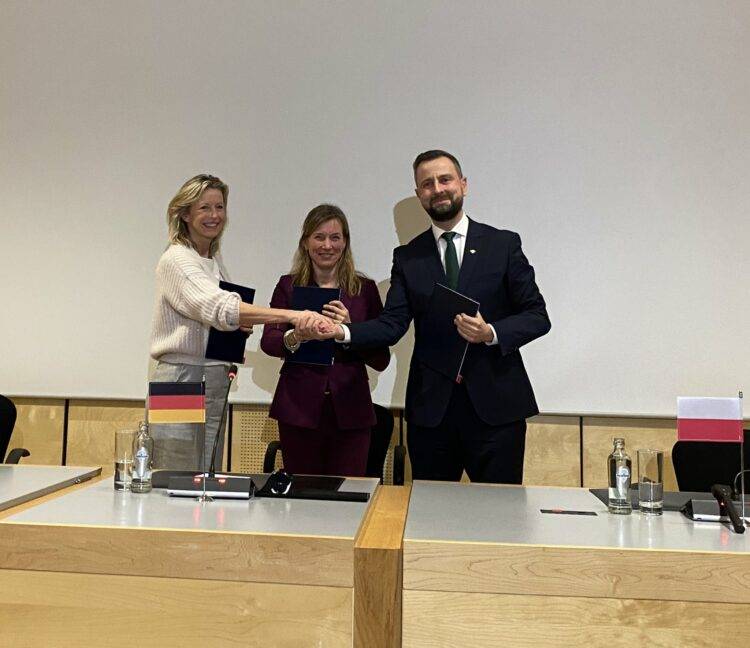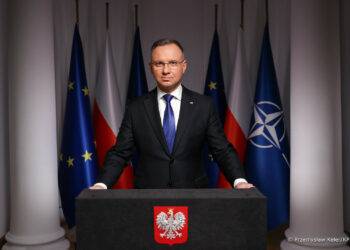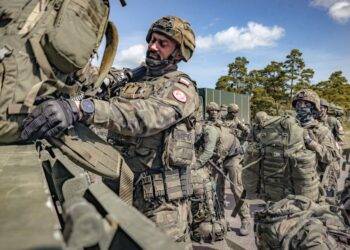In a significant move to enhance military cooperation and mobility within Europe, Poland, the Netherlands, and Germany have signed a letter of intent in Brussels. The agreement, inked by Władysław Kosiniak-Kamysz, the Polish Deputy Prime Minister and Minister of National Defense, along with Kajsa Ollongren, the Dutch Minister of Defense, and Siemtje Möller, the German Deputy Minister of Defense, aims to streamline the procedures for the movement of troops across the territories of these three nations.
Kosiniak-Kamysz emphasized the importance of this agreement in the context of the ongoing conflict in Ukraine and the necessity for efficient military mobility within the European Union. He pointed out that the effectiveness of military mobility is currently hindered by diverse administrative requirements of different countries, which limit the crossing of borders. The letter of intent is expected to enhance the operational efficiency of military actions by simplifying and standardizing these procedures.
The Polish Deputy Prime Minister expressed hope that this initiative would serve as a model for other NATO and EU countries, leading to the adoption of similar measures or the implementation of solutions based on this collaboration. The ultimate goal is to standardize procedures across the entire European Union and NATO, thereby facilitating smoother and more efficient military operations.
- Follow us on X (Twitter) to stay up to date with News from Poland.
This initiative is particularly timely, given the heightened security challenges in Europe. By improving military mobility, the agreement is expected to significantly contribute to the defense capabilities and logistical operations across the continent. The signing of this document took place during an informal meeting of EU defense ministers in Brussels, organized under the Belgian presidency.
The collaboration among Poland, the Netherlands, and Germany reflects a growing trend towards increased defense cooperation and integration in Europe. This agreement is a step towards ensuring that the European nations are better equipped and prepared to respond to security challenges, enhancing the overall stability and safety of the region.


















